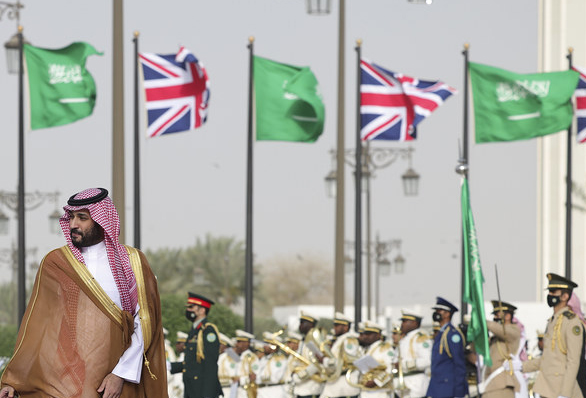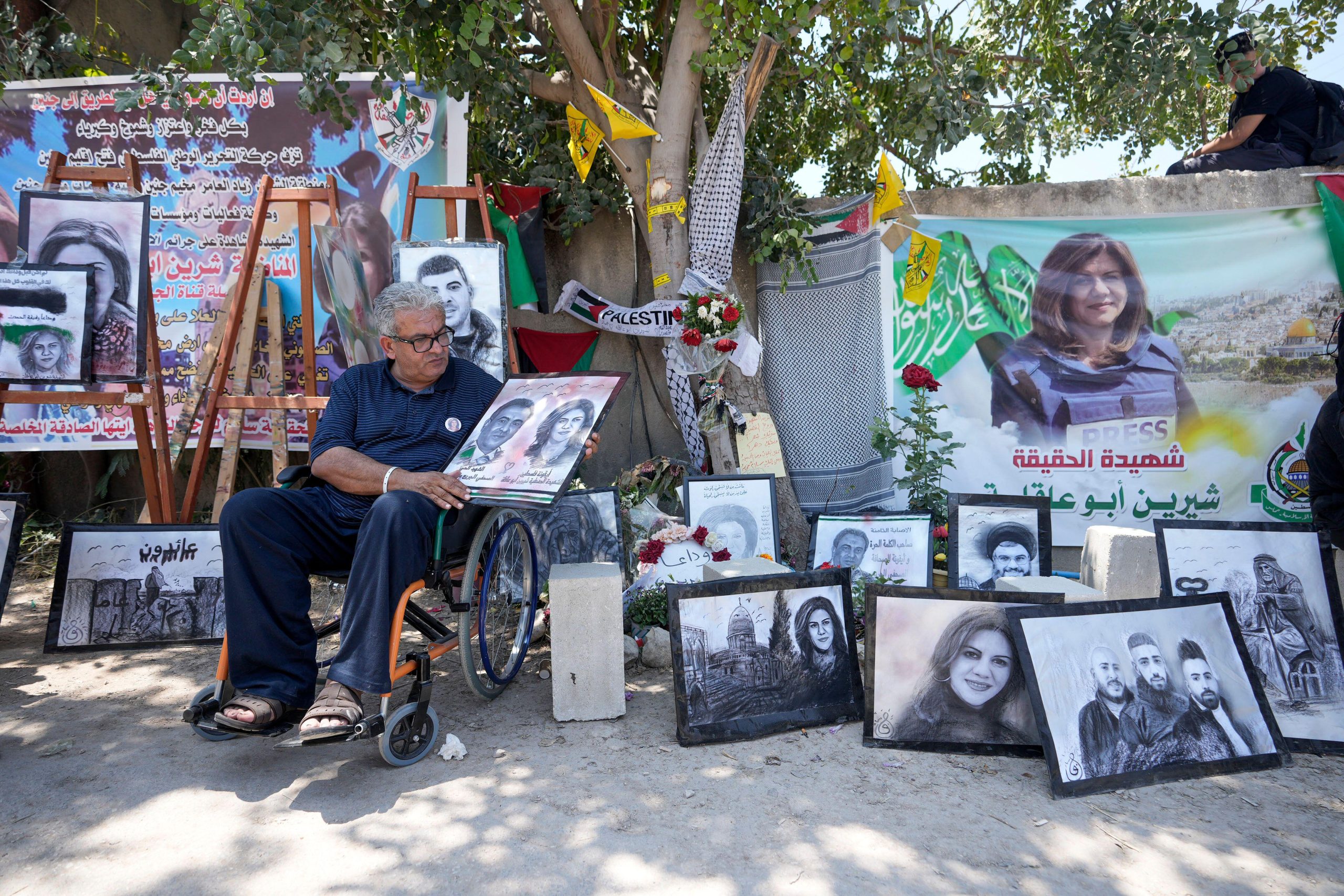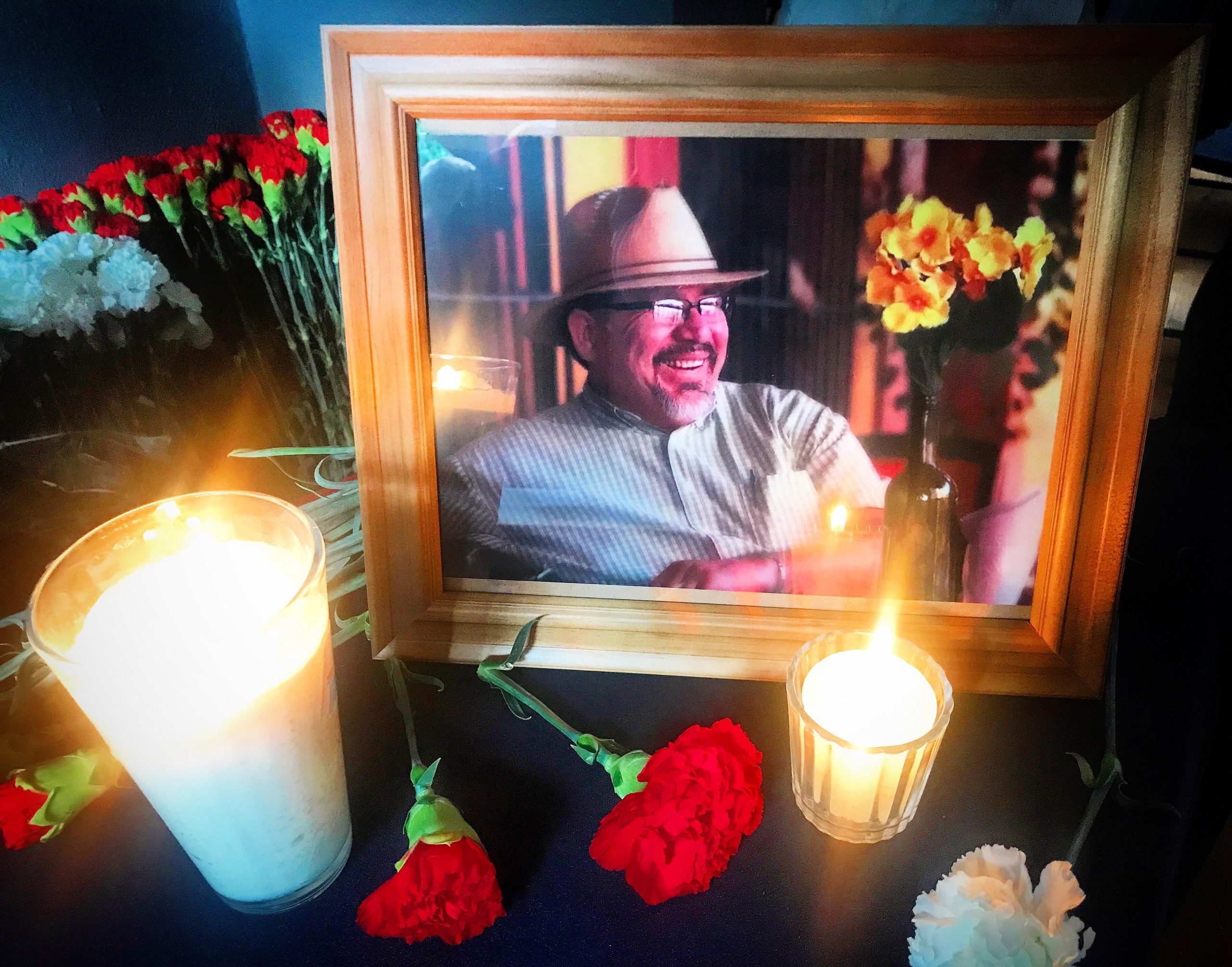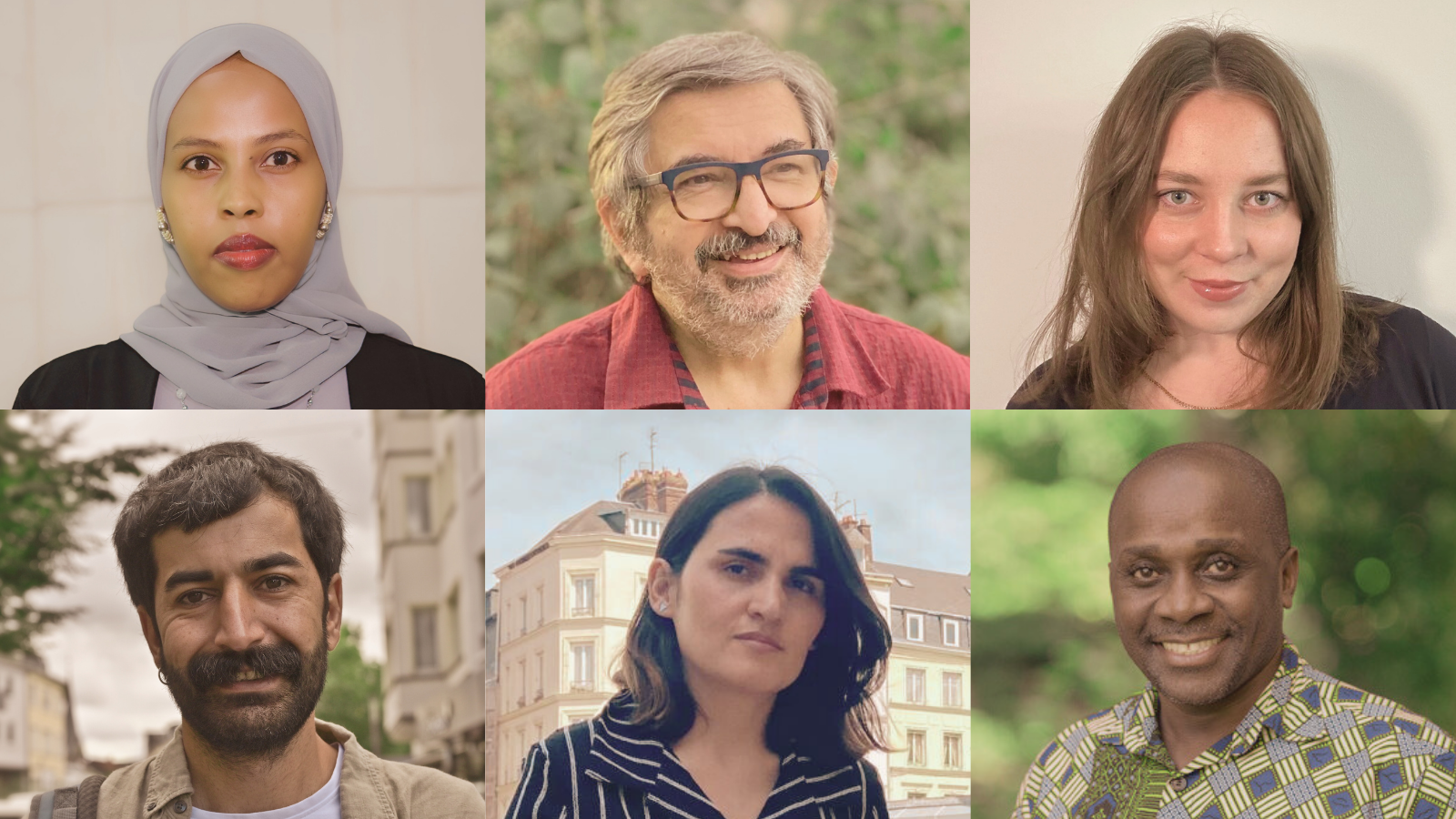“Are you proud of being Foreign Secretary of a country that trades with a country that actually crucifies people in public?”
Interviewer Jayne Secker had a point when she asked James Cleverly this on a Sky TV show last weekend.
The Foreign Secretary was quick to respond to the allegation.
“I have spoken with the Saudis about our long-standing principled position on the death penalty as I do with pretty much all countries around the world that maintain the death penalty. Saudi is…an important, influential country in the Middle East and it’s incredibly important that we maintain an ongoing bilateral relationship with Saudi. Some of that includes trade but also in terms of security counter-terrorism work…We have seen real changes over the last decade [but] I want to see those changes go further and faster.”
In its recently released 2021 Report, the FCDO points to progress in the country’s application of the death penalty – “only” 65 individuals were executed in 2021 and the FCDO reports this is a decrease from 184 executions in 2019. The FCDO suggested this may be related to death penalty reforms announced in 2020, including a moratorium on the death penalty for drug-related offences and ‘discretionary’ crimes committed by juveniles.
This ‘leniency’ has not lasted. In the year to the end of November 2022, 144 people had been executed including 81 on a single day in March.
Many argue that Saudi’s growing importance to the UK, particularly during the war in Ukraine is blinding the UK government to human rights abuses in the country – or at least giving them cover for their current level of inaction. Saudi Arabia is the UK’s 25th largest trading partner, accounting for £13.7 billion of imports and exports of goods and services. The figure is up 25.9% year on year, meaning that there will be pressure from the Treasury and the Prime Minister to keep relations cordial.
The FCDO clearly has concerns about Saudi. In the report, it says of the country that “political space and freedom of expression remained severely restricted, and there remained a culture of self-censorship and fear”.
However, it recognised progress on women’s rights, citing the lifting of restrictions on female employment, the reform of guardianship laws and the release of prominent women’s rights defenders, including Loujain al-Hathloul.
One woman who has not been released is University of Leeds student Salma al-Shehab. It is now 23 months to the day since Salma was arrested when she returned from the UK, where she was studying for a PhD in dental hygiene, to Saudi to visit her family.
Salma had infuriated the Saudi regime solely for tweeting her support for Saudi women’s rights defenders like Loujain al-Hathloul. So while the release of Loujain al-Hathloul gave the Saudi regime a few positive lines in the FCDO report, other people, like Salma, remain in prison.
Salma was later sentenced by Saudi’s notorious Specialized Criminal Court (SCC) under various parts of the country’s Counter-Terrorism Law and the Anti-Cybercrime Law for “supporting those seeking to disrupt public order, undermining the safety of the general public and stability of the state, and publishing false and tendentious rumours on Twitter.
Her sentence is 34 years in prison, longer than the sentence that would be applied to a terrorist bomber or hijacker. Like other Saudi women who fall foul of the regime, Salma has also been slapped with a travel ban for a further 34 years following her sentence.
The FCDO promises it will do more.
In the report, it says: “The UK will continue to engage closely with the Saudi authorities, particularly in areas where there is real Saudi appetite for change such as judicial reforms, women’s rights and the death penalty. The UK will continue to raise individual cases of human rights concerns with Saudi counterparts at ministerial and official level and attempt to attend these trials.” Confirming that UK engagement will be potentially guided by “areas where there is real Saudi appetite for change” enables the regime to dictate terms and raises the obvious question – what will the UK do to increase that appetite to other areas of importance, such as reform of the SCC and ending the criminalisation of online free expression?
The signs are not great. A letter we sent to James Cleverly in October along with 13 other human rights organisations elicited a weak response from the Foreign Secretary’s office. Others are also not convinced by the FCDO’s promises to press the Saudis further. The London-based NGO ALQST, established in 2014 by Saudi Arabian human rights defender Yahya Assiri, has issued its own report, Human Rights and the UK-Saudi Relationship, in the past week.
In it, ALQST says the FCDO’s report gives “an unduly generous account of the Saudi leadership’s reform programme, and accepted several claims by the authorities that observers on the ground have strongly challenged”.
It goes on to make 17 recommendations to the UK government, including exerting public and private pressure on the Saudi Arabian authorities to improve their human rights record, including on thematic issues and, crucially, individual cases of concern.
It also calls for consular and embassy officials to continue to request access to relevant trial hearings such as those involving prisoners of conscience, and the UK government should press the Saudi authorities on the issue of court access in support of the right to a fair and open trial. The likelihood of this happening is remote. In a response to a written question tabled by Conservative MP Crispin Blunt on 19 March 2020, relating to the trial of Saudi women’s rights activists in particular, the Government said “The UK attends trials of international importance in all countries where permitted. The UK, along with other embassies in Saudi Arabia, has requested and been denied access to each and every trial we have been aware of since October 2018, with the exception of the trials for those involved in the killing of Jamal Khashoggi.”
It has also called for the UK government to designate Saudi Crown Prince Mohammed bin Salman, who is on the shortlist for Index’s Tyrant of the Year poll, as an individual target for financial sanctions under the UK Global Human Rights regime.
However, the US Government’s decision to grant the prince sovereign immunity in the civil case over the murder of Khashoggi makes this recommendation seem like an exercise in wishful thinking as opposed to something with a genuine chance of success.
According to Cleverly, the UK government will not comment on incidents, instead prioritising actions. In his words “Britain has agency and leverage and we are using it to shape the course of events.” He is saying this at a time where a significant number of British citizens, or those connected to the UK, have been persecuted and detained by authoritarian states. This includes Alaa abd el-Fattah, imprisoned in Egypt, Jimmy Lai who is charged under Hong Kong’s National Security Law, as well as Index award-winner, Sophia Huang Xueqin, who, while not a British citizen, was selected for a Chevening Scholarship prior to her arrest and disappearance in China. While it was hoped that the UK government had learnt lessons from what happened to Nazanin Zaghari-Ratcliffe, whose detention in Iran was arguably prolonged by UK government actions, this frailty at the heart of the UK’s foreign policy sends a powerful signal to those seeking to silence British citizens – you can do so with very little resistance from the UK government. It also tells British journalists, researchers, academics or anyone who expresses themselves online, please do not depend on us.
If there is a single case where the UK government could really prove its intention to hold Saudi Arabia and others to account when it comes to human rights, it is that of Salma al-Shehab. It is a case where the alleged crime took place in the UK. If James Cleverly really wants to send a message to the country’s leaders that the relationship between the two countries isn’t just about trade, he should call for her immediate release.





